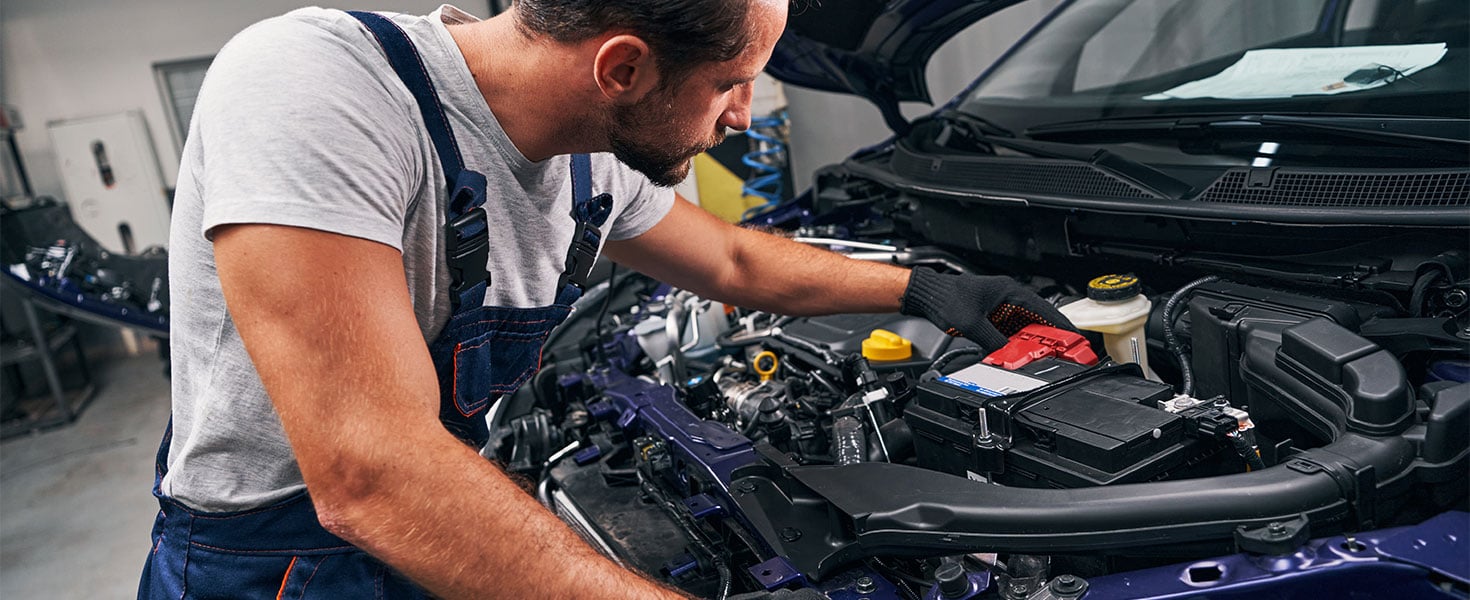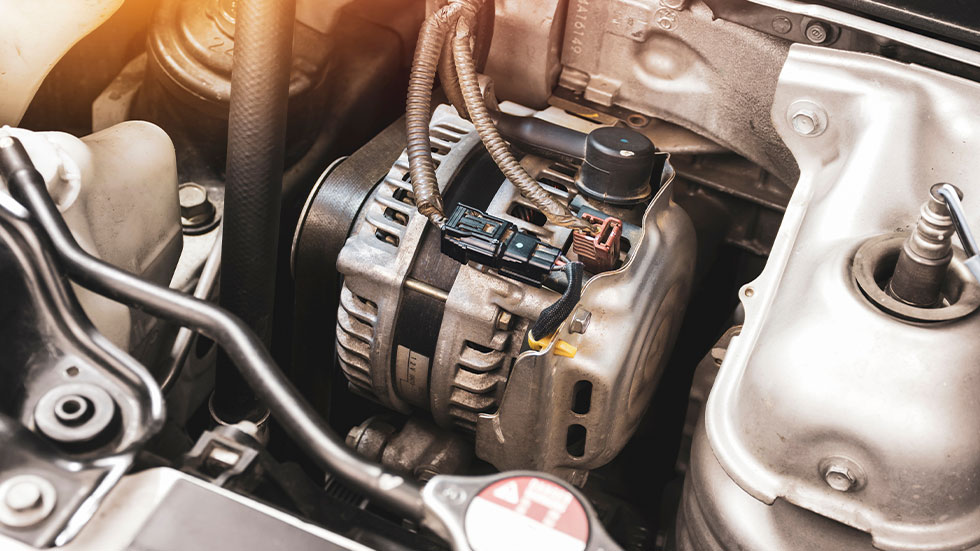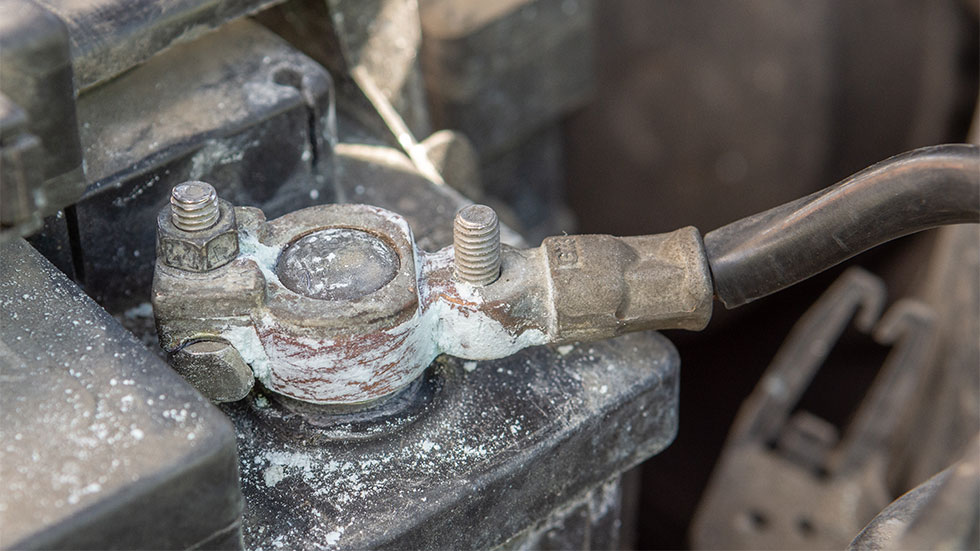8 Signs Of A Bad Alternator Vs Bad Battery
How to diagnose why your vehicle won’t start and what to do about it


A vehicle that won't start when we need it to can be a major inconvenience, but diagnosing why it won't start can sometimes be an even bigger one. This is, in part, because symptoms of a car that won't start can indicate problems with one or more components inside the vehicle. Starters, fuel filters, spark plugs, batteries, and alternators are all potential culprits behind a dead vehicle, just to name a few.
In this article, we're going to take a closer look at two vehicle components that are behind many a vehicle that won’t start and the frustrated drivers inside them—the alternator and the car battery. Due to their close relationship to the electrical operation of your vehicle, problems with either can be difficult to diagnose because symptoms of an issue are so similar. So, how can you tell signs of a bad car battery vs alternator if your vehicle won't start?

WHAT ARE BAD ALTERNATOR SYMPTOMS?
The alternator in a combustion-engine vehicle is responsible for converting energy from your running motor into electricity that charges your car's battery. Inside the alternator are dozens of smaller components that are all susceptible to failure over time and usage. If any of these parts quit working or start to become compromised, they may impact your alternator's ability to keep the battery charged, eventually leading to a dead battery and a car that won't start. Some common symptoms of a bad or failing alternator are:
- Dimmed lights: If the vehicle is running, but the interior lights or headlights seem dim, this could be a sign your alternator is failing.
- On-board accessory issues: Accessories like the stereo or infotainment systems working erratically can often mean issues with an alternator.
- Vehicle stalls: A failing alternator may not send enough power to the spark plugs in your engine to keep it running, leading to stalls or misfiring.
- Squealing: Alternator squealing will worsen with accessories being used and may indicate failing bearings.
Another telltale sign of a bad alternator is what happens when you jump-start the vehicle. If you jump-start your car and it dies immediately, this can be a sign you’ve got a bad alternator.

WHAT ARE BAD CAR BATTERY SYMPTOMS?
The battery in combustion-engine vehicles is responsible for the initial surge of electricity that gets the car running when you turn the key to start it. They also power on-board accessories like your stereo, headlights, and power windows. Some common signs your battery needs replacement:
- Dim dashboard lights: If your lights are dim, check the battery gauge on your instrument cluster. Watch it carefully while you turn on things like your wipers, interior lights, etc. to see if the needle moves.
- Corroded battery terminals: A sure sign your battery may be the culprit. You can try cleaning the terminals with a rag, but be sure to wear gloves to protect your hands from any acid.
- Battery age: batteries should be replaced every 3-5 years
- Bulging battery: Telltale sign of problem. Manufacturers design their cases to expand and this usually is the result of an overcharged battery.
If you jump-start your car and the vehicle keeps running for an extended period, but won’t start again after it’s been shut off, this can be a sign that your battery isn’t successfully holding a charge and needs some professional attention.
Of course, dead batteries and shoddy alternators aren’t the only things that can prevent your car from starting, but they are big ones. If you’re having issues starting your car and diagnosing the reason, your local mechanic is ready to lend a helping hand and get you rolling down the road again.
